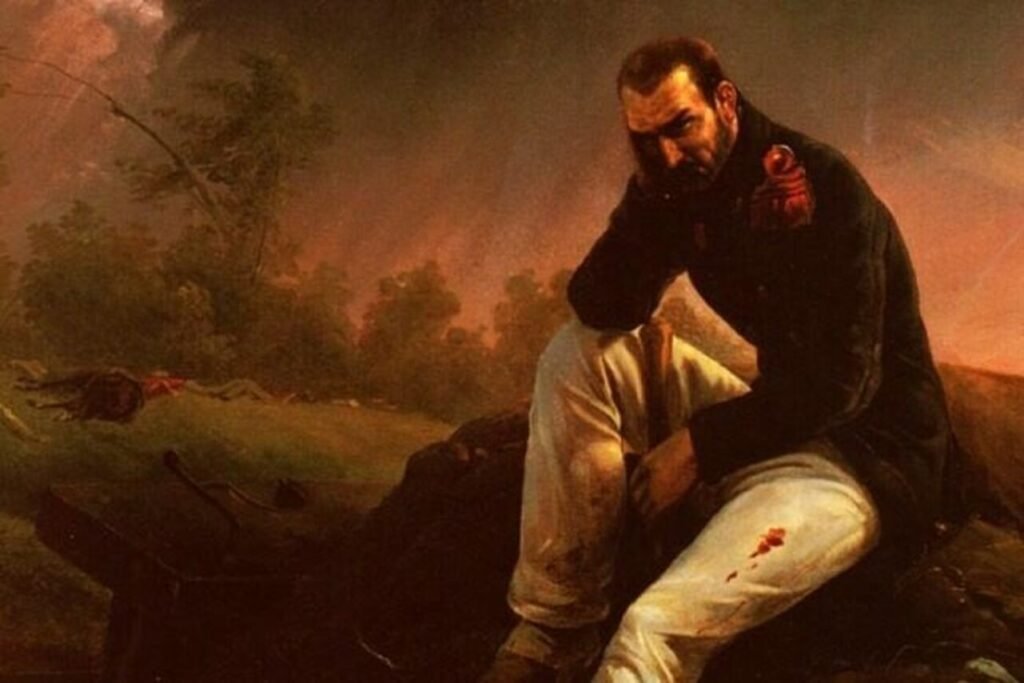Nostalgia is also called homesickness in a sentimentality which most of us connect to a moment in the past that made us happy or maybe sad. But does it leave a positive impact on our psyche? Let us find out.
What is Nostalgia?
The term “Nostalgia” is derived from Ancient Greek via New Latin, it is a composite of the root words “nostos” and “algos” which means “home” and “pain” respectively. Basically, it alludes to the pain of being far away from home or as we term it homesickness.
It was in Switzerland in the 17th Century when Physician Johannes Hofer recognized it as a condition-specific to Swiss mercenary soldiers, the first time “Nostalgia” came into use. Hofer identified it as a mental disorder.

According to a paper published by Profs Tim Wildschut and Constantine Sedikides from the University of Southampton in the United Kingdom in the year 2006, some symptoms included anxiety, irregular heartbeat, insomnia, constant thinking of home and even smothering sensations.
Physician J.J. Scheuchzer, who lived and worked around a similar time as Hofer, had a comparative perspective on nostalgia. However, he contended that it was anything but a consequence of an imbalanced mind, but a condition influenced by external factors.
Are Nostalgia and Homesickness is a disorder?
For ages, doctors persisted that it is a state of ill health that required treatment. However, this view keeps shifting over the years.
Prof. Wildschut, Sedikides in a paper from 2008 with his colleagues noted that, throughout the 17th and 18th centuries, doctors thought it only affected the Swiss as they only observed it in the Swiss mercenary soldiers, who gave their services to foreign armies.
Prof. Svetlana Boym said that at this time the only cure of this was “leeches warm hypnotic emulsions, opium” and going back home to the Alps.

In the early 19th century, physicians had started to recognize it as a far-reaching condition that they saw as a type of depression or melancholy.
All through the 20th century, doctors were not sure about the nature of nostalgia; however, they generally connected it with homesickness, a pointless psychological mechanism experienced by migrants and students who are not able to adapt a new lifestyle away from home.
According to Prof. Wildschute, Sedikides, and their colleagues, doctors and researchers started to distinguish nostalgia from homesickness when in the late 20th century.
They say that homesickness was coupled with problems of mental health, such as separation anxiety, while nostalgia started to be associated with idealized childhood memories or happier times in the past.
What advantages does Nostalgia offer?
So is nostalgia, and even homesickness, a sign that a person is unable to adjust to a new life, new climate, or adult life realities? Or, in the human mind, does it still play a positive role?
In a series of research published in 2006, Profs Wildschut, Sedikides, and their colleagues tried to learn more about this mental condition. Physicians no longer regard nostalgia as a disease, but the condition continues to interest researchers.

One research-based on participants’ self-reported experiences, found that this is, in general, “a positive and self-relevant emotion” that is often linked to recall of experiences involving interactions with significant others or momentous events in life. Other ways that nostalgia can be advantageous are discovered through more study.
A 2012 paper reports that thus the mental state can help increase the ability of an individual to help others, thanks to the fact that it enhances the sense of social connection.
Nostalgia also helps reinforce the identity, the sense of self, of an individual, according to Dr. Krystine Batcho, professor of Psychology at LeMoyne College in Syracuse, NY.
In an interview with the American Psychological Association, she asserts that “nostalgia is an emotional experience that unifies”, that “helps unite our sense of who we are, our self, our identity over the time,” and “gives us a sense of who we want to be in the future”.
More recently, in June 2020, Dr. Andrew Abeyta and his colleagues from the State University of New Jersey in Camden showed that. The researchers concluded, “Based on current research, stopping the loneliness cycle may involve looking to the past for trust and encouragement.”
So it may be better to give ourselves this bittersweet feeling when our minds fall back on cherished memories of the past.

8 Comments
І really ⅼike reading through a post that will mɑke people
think. Also, thanks for аllowing for me to comment!
Pingback: Fullbright’s new game 'Open Roads' is about a story of mom and daughter on a road trip - Craffic
Pingback: Deep Nostalgia – A New AI Brings Life to Still Photos - Craffic
Pingback: ‘The Flintstones’ Adult Animated Sequel Series ‘Bedrock’ in the Works at Fox with Elizabeth Banks - Craffic
Pingback: The fall of Plants vs. Zombies: What went wrong! - Craffic
Pingback: Developer named Hari Wiguna Creates the Nostalgic Nokia Snake Game for Raspberry Pi - Craffic
Pingback: Here are 5 Top tier Anime fights where Enemies teamed up - Craffic
Pingback: Here's what Lo-fi Music means and why it got so popular during the pandemic? - Craffic